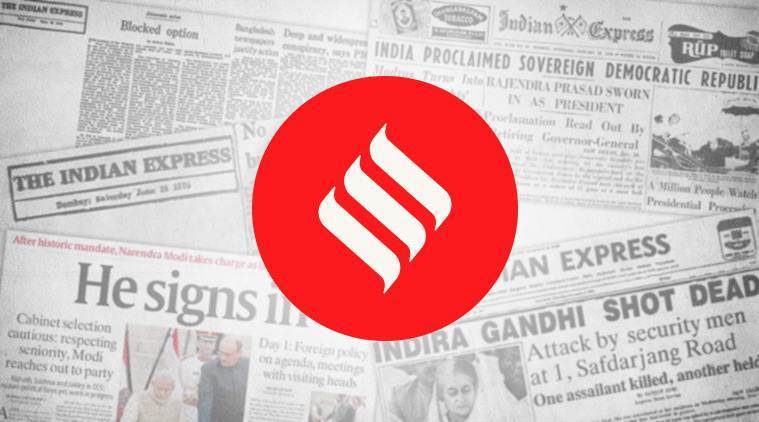Opinion Task in the Valley
As J&K map is redrawn, need to lift curbs on people, leaders grows more urgent. Till then, no new beginning is possible.

 Sooner rather than later, the government needs to free the political leaders and workers who have been detained, and allow people to freely express their views in the Valley.
Sooner rather than later, the government needs to free the political leaders and workers who have been detained, and allow people to freely express their views in the Valley.
As the decision to divide Jammu & Kashmir into two Union Territories takes effect, much remains to be done. The work of dividing the manpower and material resources of the state is far from over even as the two newly-created territories of the state which will now pass into history as the “erstwhile state of J&K” set off on different paths. Most importantly, there is no papering over the stark ground reality that the government is yet to allow the people of the Valley to speak out, and be heard, on decisions that affect them the most. In various domestic and international forums, Prime Minister Narendra Modi, Union Home Minister Amit Shah, and a host of other senior government functionaries have described and defended the August 5 decisions as necessitated by the need to “develop” a state that had ostensibly lagged behind the rest of the country on economic and social fronts due to its special status. The government’s plans to bring J&K up to speed are not yet known. But clearly, any efforts in this direction would, crucially, need the participation of the people for whom this development is meant. Sooner rather than later, the government needs to free the political leaders and workers who have been detained, and allow people to freely express their views in the Valley.
The Block Development Council election has shown that wiping the slate clean and creating a new leadership is difficult, if not impossible, in situations as fraught as those that exist in the Valley. The BDC is elected indirectly, that is, elected panchs and sarpanchs of a particular block of villages vote to elect one among them as the head of that block council. But almost a year after the last round of J&K panchayat polls, many of these representatives of the people at the bottom-most tier of electoral democracy continue to seek refuge in a hotel in uptown Srinagar, away from their villages. The persistence of fear has only underlined the questions of legitimacy about an electoral exercise at the end of which many seats of panch and sapanch in the Valley lay vacant, and most of those elected were elected unopposed.
It remains to be seen whether and how the conversion of a state into two Union Territories resolves the 70-year-long troubled relationship between Kashmir and the rest of India, and between India and Pakistan over Kashmir. The killing of five migrant workers in Kulgam on Tuesday, the targeting of the most vulnerable in the Valley, coming on the heels of several other deadly attacks on non-residents, shows that peace may remain elusive even after the momentous changes bring the state directly under the control of the Union Home Ministry. It is easy to lose sight of this in the din and rhetoric on Kashmir, but the first step towards resolving a problem is to acknowledge it. Political alienation that has spread and deepened over generations is a large part of the crisis in Kashmir. Unless it is addressed politically, it will persist and continue to impose a heavy toll in the Valley, and the country.





